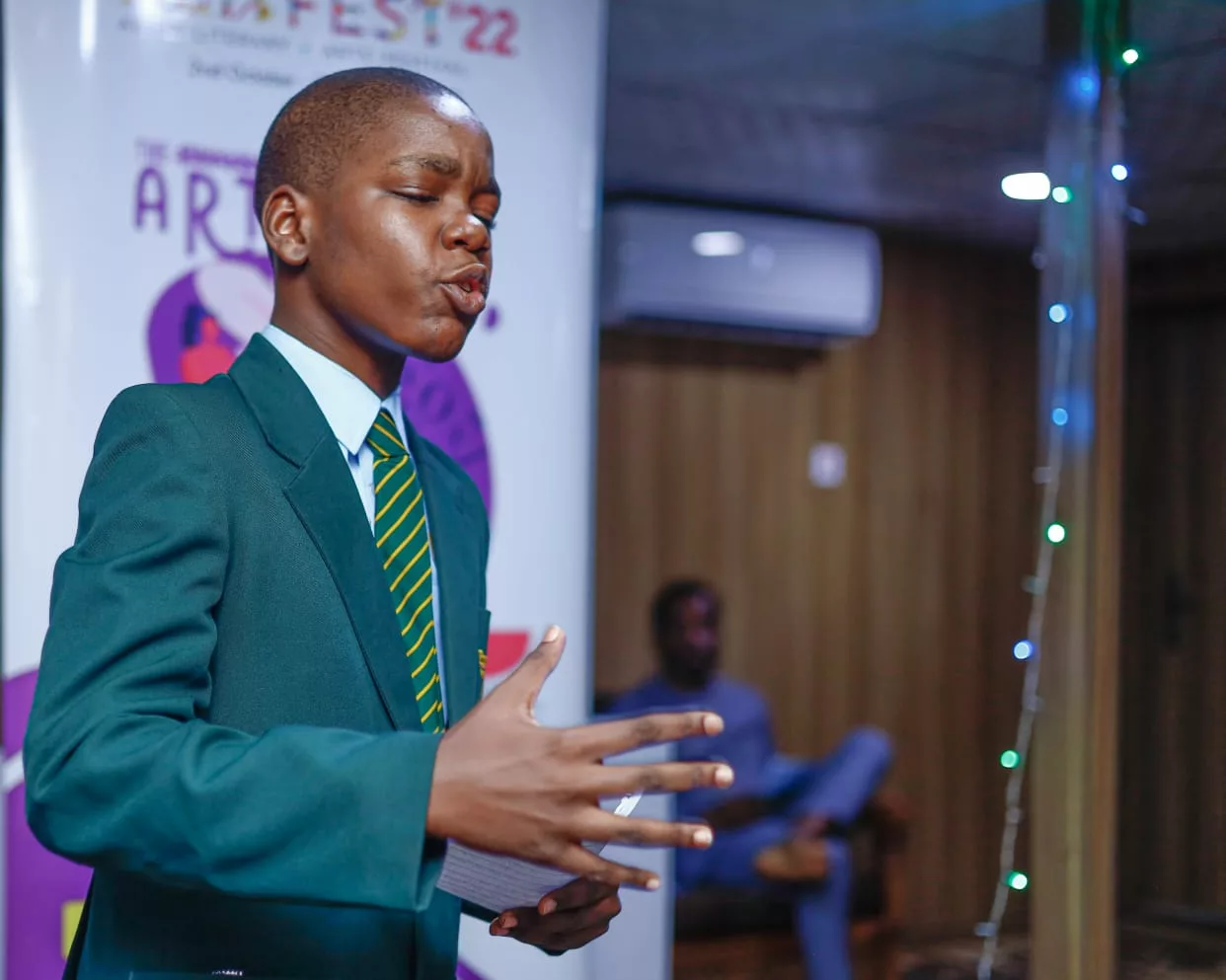Failure is a word most people fear. It’s heavy, uncomfortable, and often lingers longer than we want it to. In academics, experiencing setbacks can feel like a punch to the gut. A bad grade on an important exam, rejection from a dream scholarship, or struggling to keep up with the pace of a demanding curriculum. These moments can shatter confidence and cloud the future with doubt. But what if these setbacks were not the end of the story but rather the beginning of something more powerful? What if the true test of success wasn’t about avoiding failure, but about rising after falling?
Resilience, the ability to bounce back from adversity, is what transforms a setback into a setup for a comeback. It is not a magical trait possessed by a lucky few; it is a skill, a mindset, and a strength that can be cultivated over time. In the world of academics, where pressure mounts from every corner, parents’ expectations, competition among peers, and the fear of falling behind, resilience becomes not just a survival tool but a secret weapon.
When an academic setback strikes, the first wave of emotion is often disappointment. It is natural to feel frustrated, embarrassed, or even hopeless when things don’t go as planned. A failed exam can make a student question their intelligence. A rejection letter can feel like a personal attack on one’s worth. But what separates those who crumble from those who rise is what happens next, the response. Resilience begins in that very moment when a person decides not to let failure define them.
One of the most remarkable truths about academic resilience is that it doesn’t erase the pain of failure; it teaches one how to move forward despite it. Consider the student who fails a crucial mathematics test. Their initial instinct might be to give up, assuming they are simply “not good at maths.” But a resilient student, though wounded by the result, pauses and reflects. Instead of internalising failure as a permanent label, they break it down into manageable pieces. What went wrong? Was it a lack of preparation, misunderstanding of concepts, or anxiety during the test? This self-reflection shifts the focus from self-pity to problem-solving.
The journey of overcoming academic setbacks often requires a shift in perspective. It’s easy to fall into the trap of believing that a single failure defines one’s abilities. But in reality, setbacks are moments in time, not permanent marks on a person’s future. A student struggling in a particular subject isn’t destined for lifelong failure; they are simply facing a challenge that requires a new approach. This is where resilience shines. It encourages a person to adopt a growth mindset, – the belief that abilities and intelligence can be developed through effort, learning, and perseverance.
Resilience is not about blindly pushing through pain without acknowledging it. It is about embracing vulnerability and admitting, “Yes, this hurts. Yes, I’m disappointed. But no, I will not stop here.” It is the student who, after failing an exam, seeks out their teacher for extra help. It is the graduate who, after multiple rejection letters, revises their application and tries again. It is the young scholar who, despite overwhelming pressure, asks for support and leans on a community of friends, mentors, and family.
Academic resilience also grows stronger when there is a sense of purpose. Students who tie their education to a larger goal, whether it is to build a career, support their family, or make a positive impact in their community, often find it easier to push through setbacks. Purpose fuels persistence. When the road gets tough, it’s not just about passing the next test; it’s about the dream that lies beyond the classroom. The aspiring doctor doesn’t stop studying because of a bad grade in biology, they press on because their ultimate goal is to save lives. The future engineer doesn’t quit after struggling with physics, they keep going because they envision creating innovations that will change the world.
In overcoming academic setbacks, resilience teaches patience. Growth doesn’t happen overnight. Just like a broken bone needs time to heal, so does a bruised academic spirit. There are moments when progress feels painfully slow, when improvement seems invisible, but resilience whispers, “Keep going.” It’s in the small, consistent steps: the extra hours in the library, the questions asked after class, the sleepless nights spent rewriting essays until they shine.
Support systems also play a vital role in overcoming academic setbacks. No one overcomes academic struggles entirely alone. Having a mentor who believes in a student’s potential, friends who offer encouragement, or family members who remind them of their worth can make a world of difference. Resilience doesn’t mean carrying the burden alone; it means knowing when to ask for help and surrounding oneself with people who uplift and motivate.
Furthermore, resilience is about rewriting the narrative. Failure, when viewed through the lens of resilience, is not the end of the story, it is a plot twist. The most inspiring success stories often have a chapter of struggle. The celebrated scientist who once struggled in school, the renowned author who faced countless rejections, the top student who once doubted their abilities — these stories remind us that setbacks are not signs to stop but signals to push harder.
The power of resilience lies in its ability to transform not just academic performance but a person’s entire outlook on life. It fosters inner strength, builds confidence, and instills a deep sense of grit that extends beyond the classroom. A resilient student doesn’t just conquer tests, they conquer fear, self-doubt, and the temptation to give up.
So, the next time an academic setback rears its head, remember this: the grade on a piece of paper does not measure your worth. A rejection letter does not dictate your potential. A failed test is not the final word on your abilities. What truly matters is the response, the decision to stand back up, to learn from the stumble, and to move forward with renewed determination. Resilience is not about never falling; it is about rising every single time you do. And in that rise lies the true power of overcoming academic setbacks, the unyielding belief that your journey is far from over.














